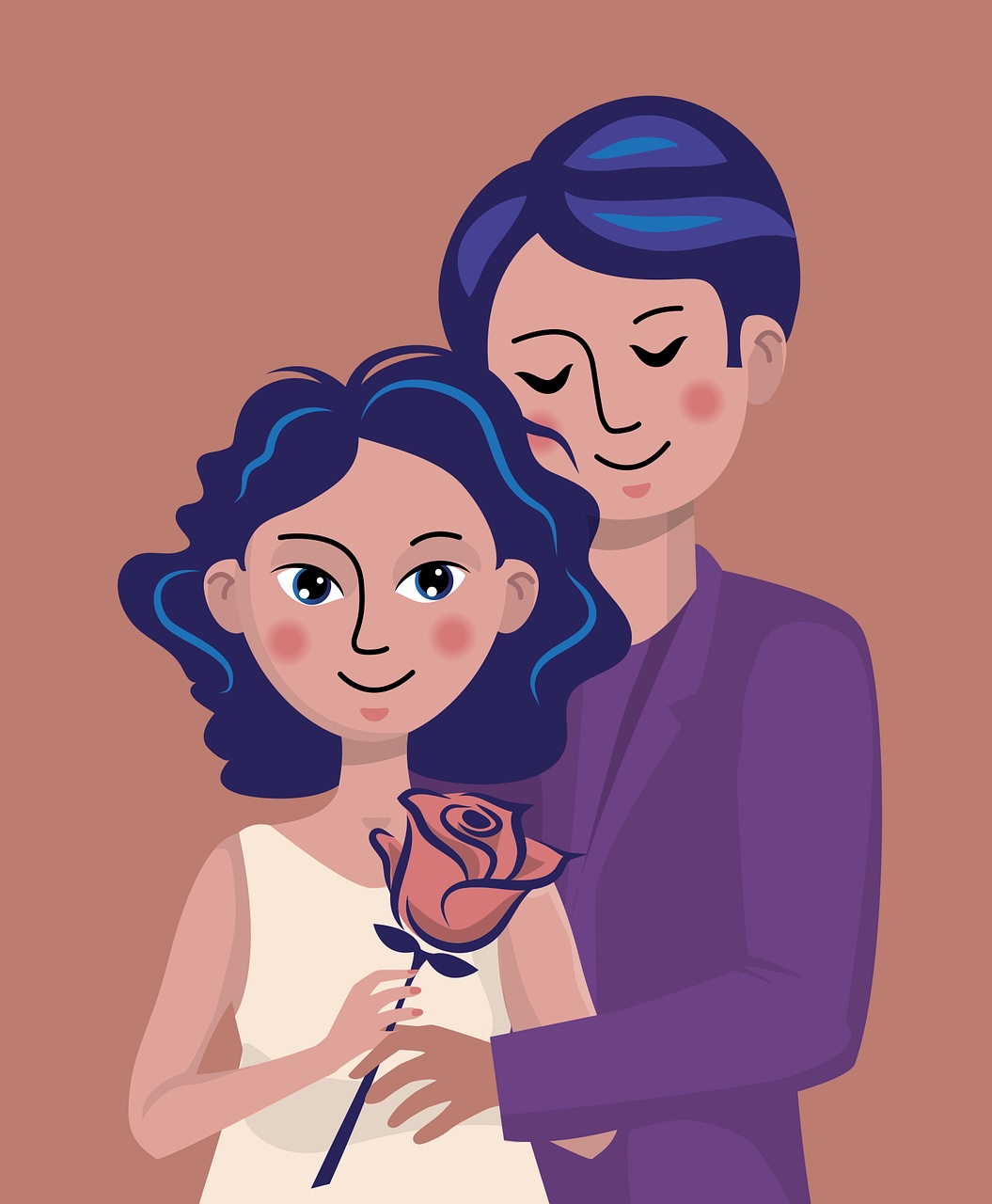For those living with Complex PTSD (C-PTSD), the idea of finding a healthy, loving relationship can feel like chasing a mirage—always visible in the distance, never within reach. While the desire for connection runs deep, the path to intimacy is often obstructed by invisible scars, unhealed wounds, and deeply ingrained survival patterns.
C-PTSD often stems from prolonged exposure to trauma, typically during childhood—experiences like emotional neglect, abuse, or an unsafe home environment. These formative years shape our beliefs about love, safety, and self-worth. When the people who were meant to protect us caused harm instead, love becomes confusing, even dangerous. In adult relationships, this often translates to hypervigilance, mistrust, emotional shutdown, or a deep fear of abandonment—all of which make healthy connection incredibly difficult.
One of the most painful paradoxes of C-PTSD is the longing for closeness paired with an overwhelming fear of it. The nervous system, conditioned by years of pain, starts to interpret intimacy as a threat. A kind gesture may trigger suspicion. Vulnerability may feel like danger. Even when we consciously know someone is safe, our bodies can react with anxiety, detachment, or the urge to flee. It’s not that we don’t want love—we’ve just learned to associate it with harm.
Self-worth becomes another barrier. C-PTSD often leaves behind internal messages like “I’m not good enough,” “I’m too much,” or “I don’t deserve love.” These beliefs quietly shape how we show up in relationships. We may accept less than we deserve, silence our needs, or repeatedly choose partners who confirm those old narratives—because they feel familiar, even if they hurt.
And then there’s trust. Healthy relationships require us to trust both others and ourselves—to set boundaries, to speak our truth, and to walk away when needed. But trauma can damage that internal compass. We may trust too quickly, or not at all, leaving little room for balanced, reciprocal connection.
Still, healing is possible. You can unlearn these patterns. With the right support, your body and mind can begin to feel what true safety and connection are like. Trauma-informed therapy, somatic work, and consistent relational safety can help rebuild your capacity for love—first with yourself, and then with others.
If you’re ready to begin healing the wounds that keep love at arm’s length, I’m here to help. Together, we can create space for connection that feels safe, grounded, and real. Reach out today to book a session or schedule a free consultation.
Andrea x

